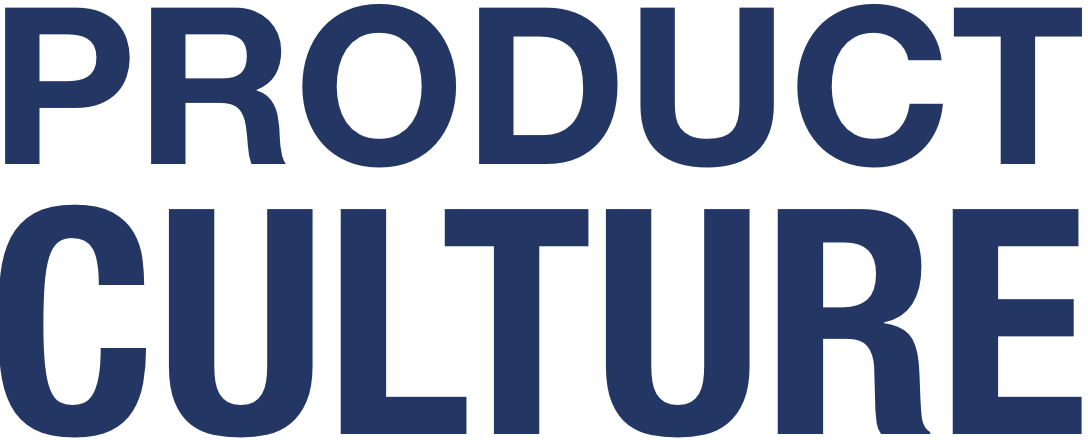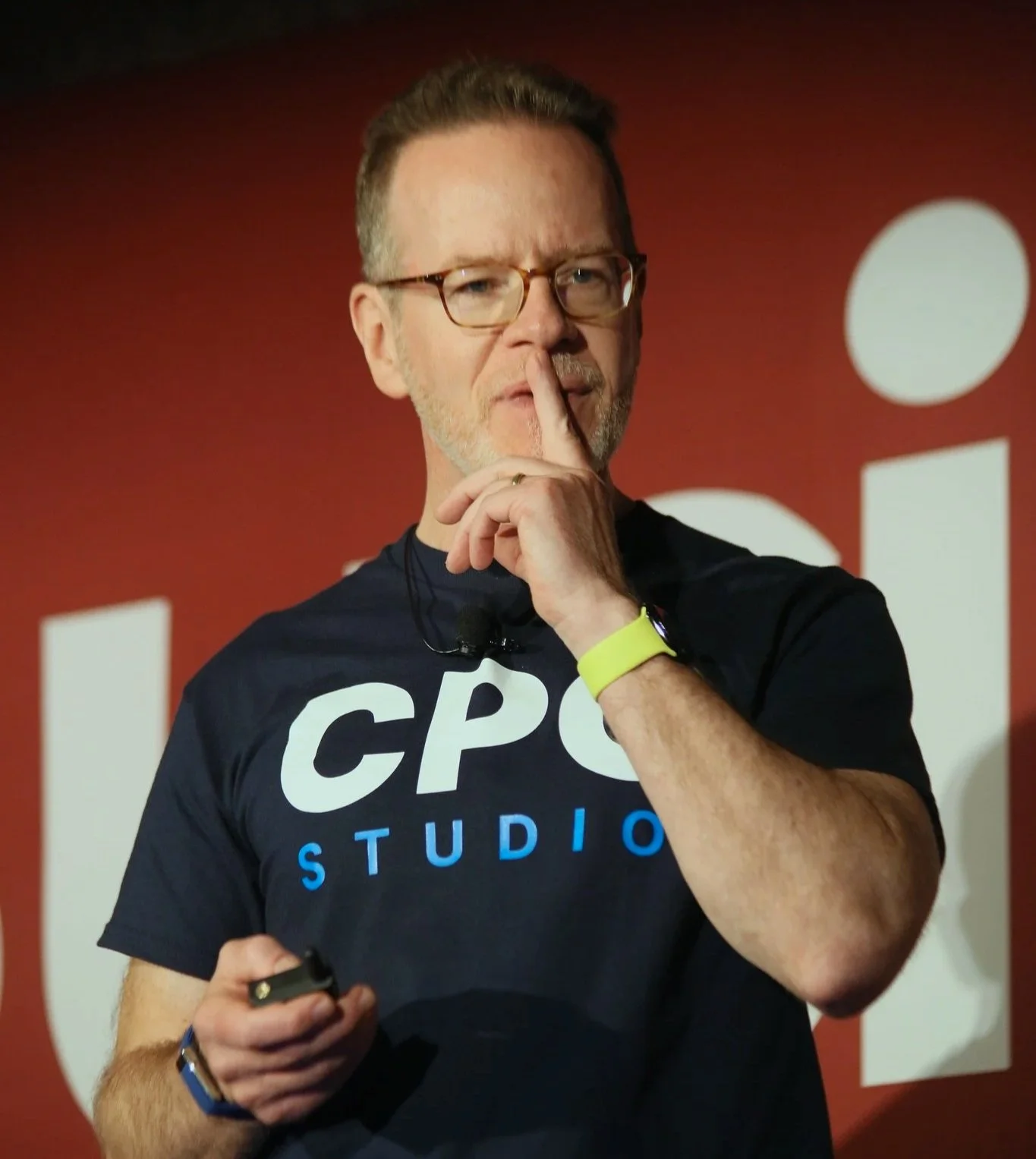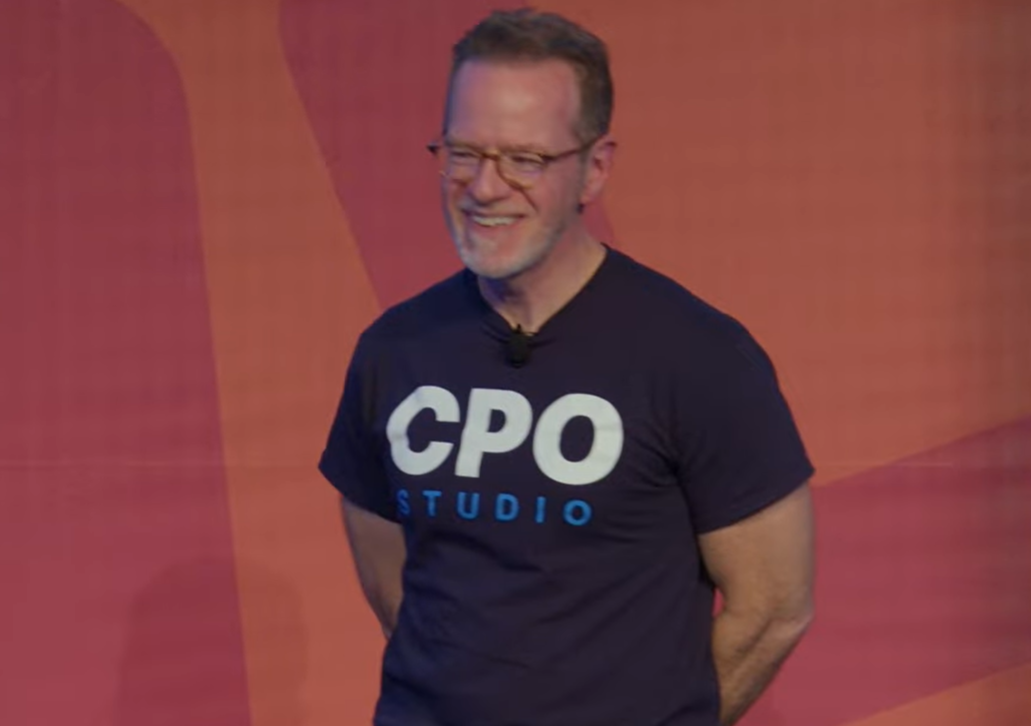Nano-letter: ONE THING on Product Culture Every Week
One insight I had, one great article I read, one amazing person I met, one question I need your help with, one product job that needs someone awesome. Sign up and I promise never to waste your time.
Leadership is not agreement. It’s ownership. The difference between nodding and taking responsibility.
Shallow alignment looks like agreement with no discussion. Real alignment requires the hard conversation before the “yes.”
"I deleted Microsoft Teams so I could make a phone call. It’s easily the best decision I’ve made for my workflow this year."
Executives forget past agreements unless you reinforce them. Anchor roadmap commitments in economics before the next shiny object shows up.
If a meeting is unavoidable, you have an obligation to make it productive. Here are three rules to turn “dreaded” meetings into outcomes.
Before you accept a meeting, ask what decision or result it’s meant to produce. If there isn’t one, don’t go.
“The CPO’s unique role is to align the executive team on strategy and objectives.”
My challenge to you this week: Be the connector for your organization.
New Years resolutions suck. They are usually either vague (“I’m going to get fit”) or overly specific (“I’ll go to the gym every day”) — and both tend to fail.
What if we OKR’d this?
When customers get grinchy about your price, it’s rarely about the price.
It’s usually because they don’t need half the features you’re bundling in. Strip those out and suddenly the same customer says, “Yes! That’s exactly what I want.” ..










We as product leaders spend all day trying to read the room through a screen. You cannot build real trust when you are staring at your own face.